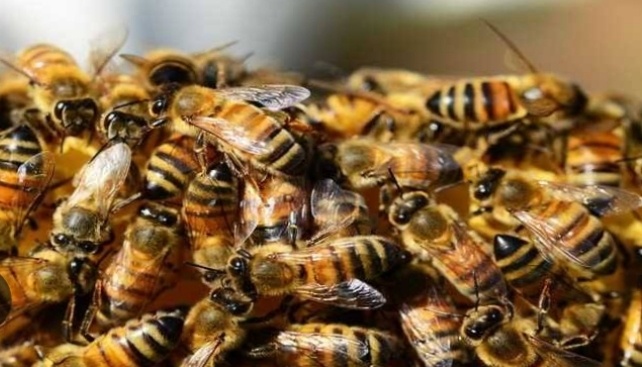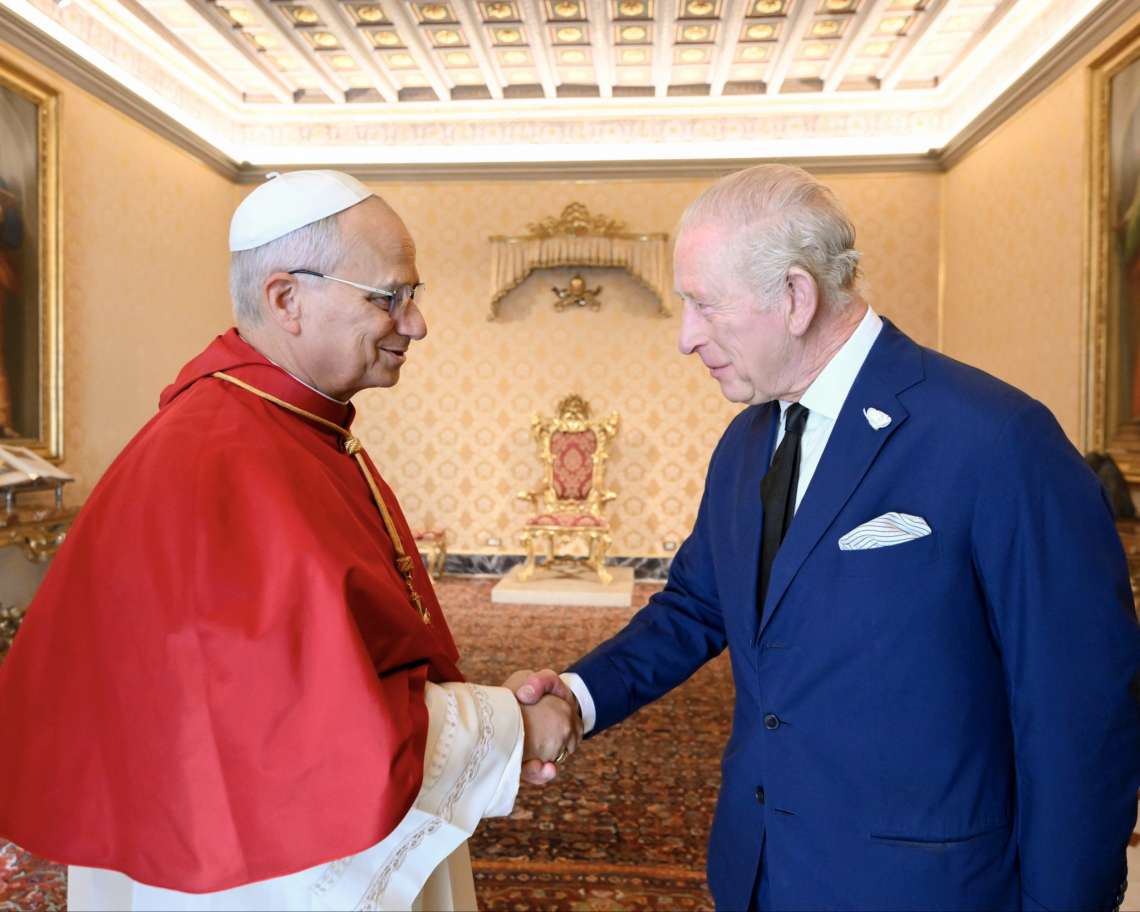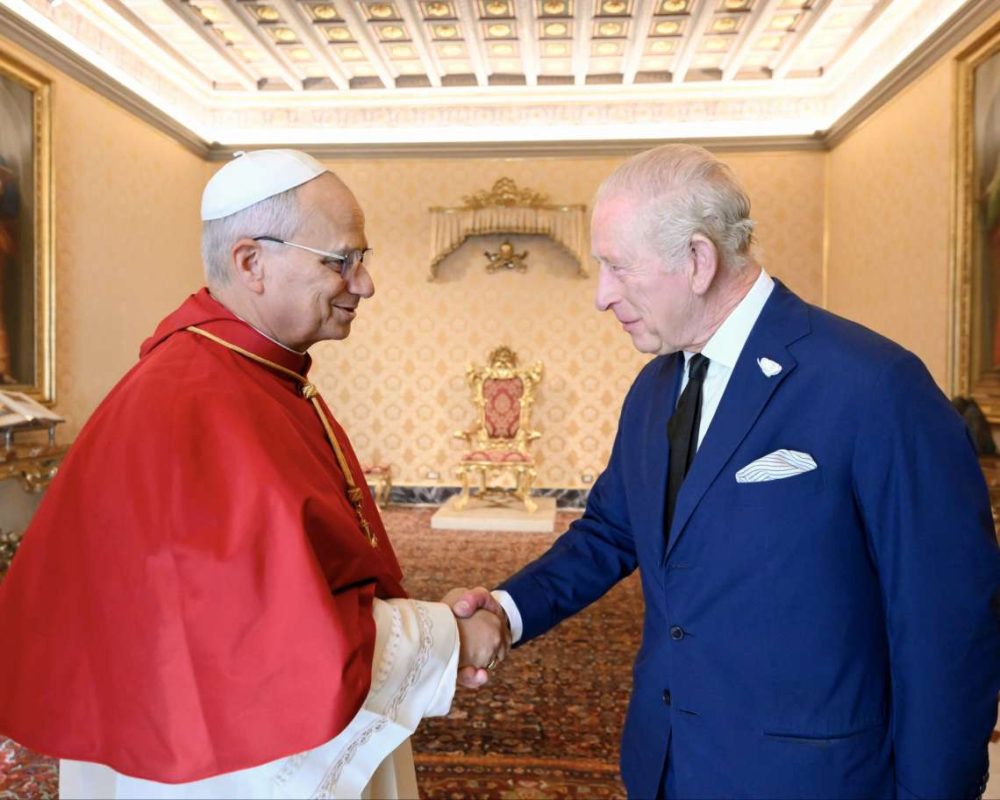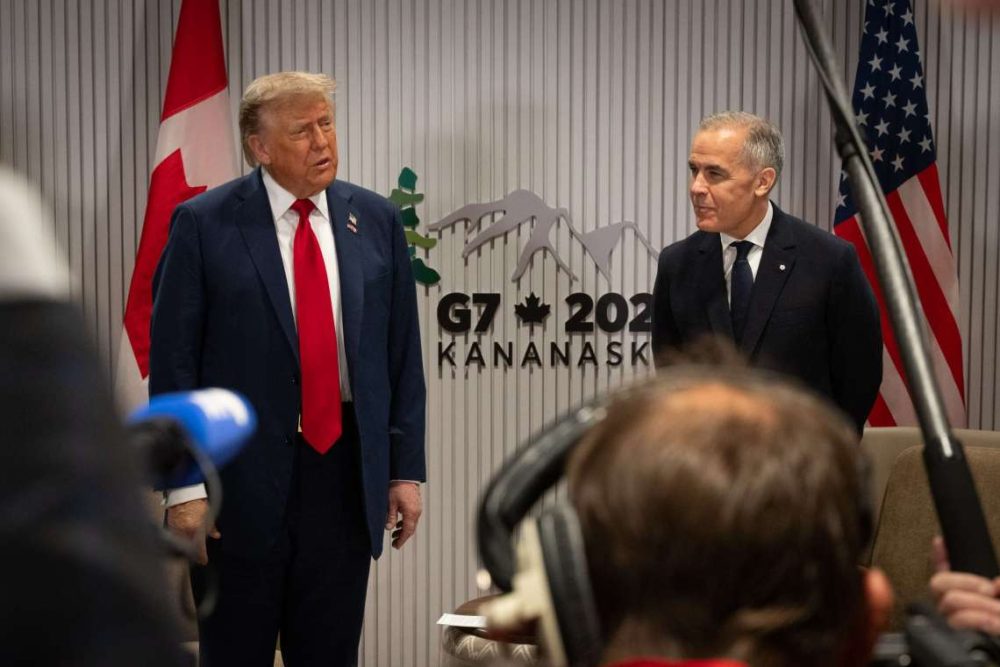New guidance on emergency pesticide authorisations marks latest move towards a complete ban on harmful neonicotinoids in England..reports Asian Lite News
The government has unveiled new measures to prevent the return of bee-killing pesticides in England, taking another step towards a complete ban on harmful neonicotinoids that threaten pollinators and ecosystems.
The Health and Safety Executive (HSE) has published fresh guidance today on how applications for emergency authorisations of pesticides will be considered. The updated framework clarifies and strengthens the rules, requiring anyone seeking permission to use such chemicals to demonstrate full consideration of the risks posed to pollinators, particularly bees.
The move represents a further tightening of restrictions around neonicotinoids, three of which are already not authorised in the UK due to their known harmful effects on bees. Campaigners have long warned that even temporary use of these pesticides can cause lasting ecological damage.
The government has said the new measures are designed to acknowledge the essential role of pollinators in farming and the wider environment. Pollination, primarily by bees, is estimated to contribute around £500 million annually to UK agriculture. Beyond its economic value, pollination underpins food security and biodiversity, with over three-quarters of the world’s food crops relying to some degree on insect pollination.
Announcing the changes, Environment Minister Emma Hardy emphasised the balance between protecting nature and supporting agricultural productivity.
“Nature is the bedrock of our economy, and it is vital that we take action to protect it for the future,” she said. “We are committed to restoring our natural environment while supporting productivity and economic growth. That is why we are taking another step towards a complete ban on the use of bee-killing pesticides in England, and we will continue to support farmers and growers to adopt sustainable practices.”
Neonicotinoids, widely used in farming until recent years, have been shown to contaminate pollen and nectar, disrupting bees’ ability to forage, navigate and reproduce. This has contributed to declining bee populations in Europe and beyond.
While EU rules banned the outdoor use of several neonicotinoids in 2018, the UK has at times allowed limited use under emergency authorisations. Most recently, farmers were granted four consecutive annual derogations between 2021 and 2024 to use Cruiser SB, a pesticide containing thiamethoxam, for sugar beet crops.
Earlier this year, however, the government refused a fresh application to extend those emergency authorisations, signalling a clear shift towards a permanent ban. The new HSE guidance cements this direction, setting a higher bar for future applications and making it harder for such pesticides to return to British fields.
Alongside the restrictions, ministers have pledged to help farmers reduce their reliance on chemical solutions. The UK Pesticides National Action Plan 2025 will promote Integrated Pest Management (IPM), a system that encourages farmers to combine biological, cultural and mechanical methods of pest control, reserving pesticides only as a last resort.
Officials argue that this approach will make agriculture more sustainable, reduce environmental harm, and maintain yields without relying on harmful chemicals. Industry groups are expected to study the plan closely, balancing the demands of crop protection with increasing pressure from the public and environmentalists to safeguard pollinators.
The crackdown on neonicotinoids is part of a broader government strategy to reverse the decline of nature and improve the quality of the natural environment. Ministers are preparing to publish a new Environmental Improvement Plan, which will set out ambitions to halt biodiversity loss, restore habitats, and enhance resilience to climate change.
Recent initiatives include the first licensed release of wild beavers in England in over four centuries, the creation of a new national forest stretching from the Cotswolds to the Mendips, and significant investment in tree planting and peatland restoration. The government has also announced plans to overhaul waste systems, with £10 billion earmarked for recycling facilities, and introduced legislation to clean up rivers, lakes and seas.
Officials argue these actions demonstrate a comprehensive approach to environmental stewardship, tying nature restoration to economic growth and national wellbeing.
Environmental groups are likely to welcome the tougher stance on neonicotinoids, though many will press the government to move faster and legislate to make the ban permanent. Conservationists point out that bees and other pollinators face multiple threats beyond pesticides, including habitat loss, disease and climate change.
Farmers, meanwhile, may raise concerns about pest pressures on crops such as sugar beet, which have previously been cited as justification for emergency use. The government’s pledge to support growers through sustainable alternatives will be closely scrutinised in the years ahead.
For now, the message from Whitehall is clear: bee-killing chemicals will have no place in the future of British farming.
With the HSE’s strengthened guidance now in place, the government appears determined to ensure that the risks posed by neonicotinoids are no longer downplayed or excused, and that England’s bees are given a fighting chance to thrive.














